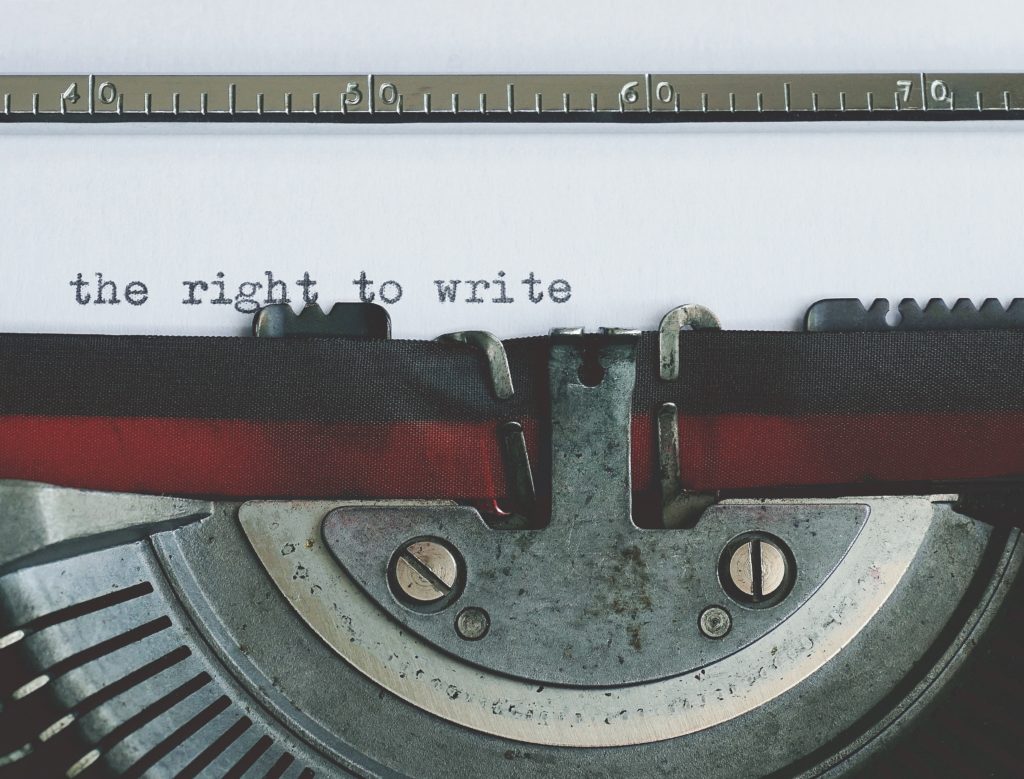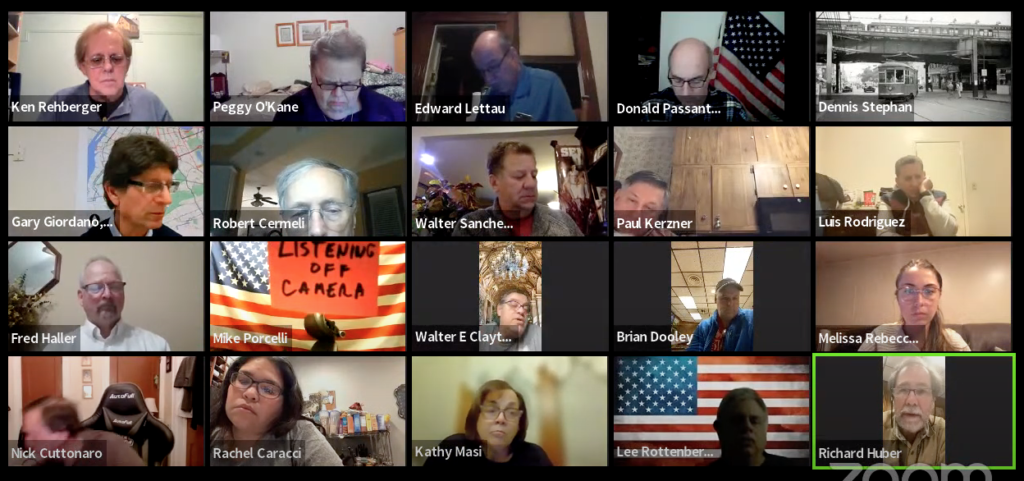
Photo by Suzy Hazelwood via Pexels.
What a hell of a week it’s been.
A member of Queens Community Board 5 was removed last week by Queens Borough President Donovan Richards after he referred to COVID-19 as the “Wu flu” during the most recent public full board meeting.
We worked hard to break the story first for a few reasons. Community Boards are an integral part of the neighborhoods we live and work in, and its members represent us and our ever-growing needs. It’s in our DNA to get hyperlocal.
With that said, we must hold these officials to a higher standard. They must be held accountable for their words and actions. If that comes with consequences – so be it.

Richard Huber, a CB5 board member from Glendale, has been removed by Queens Borough President Donovan Richards after the use of an anti-Asian slur during the most recent public meeting.
We have no regrets for how the story was reported, and would like to take this opportunity to explain why journalists should not be afraid to insert themselves into the stories they report.
Complete objectivity in journalism is an outdated concept, which was first legitimized in the 1920s.
As the news industry evolved, the 1960s and onward saw more and more journalists including analysis and interpretation into their reporting – not “just the facts,” as a 2018 TIME opinion piece highlighted.
In 2023, an era of science denial, calls to end our democracy, increased lies by politicians and an abundance of hate and violence – we cannot dance around these issues.
As journalists, we pay attention to these current events on a to-the-minute basis, and no one quite understands these topics in the same ways we do. We have an enormous responsibility.
Professional judgements differ from personal ones. They are based on factual evidence and experience.
Modern notions of objectivity, which strive to be non-partisan, undermines the idea of us being objective to the truth. It’s a disservice to give two talking points equal 50/50 weight, and isn’t objective in deference to the truth.
We reported that the use of “Wu flu” is racist, and that it is a “known racial slur against Chinese people and Asians as a whole.”
To call it anything else is dodging. “Racially tinged” and other synonyms are simply weak writing.
The World Health Organization (WHO) does not name infectious diseases haphazardly. In 2015, it released new guidelines for the best practices of determining these names, citing the aim to minimize “unnecessary negative impact of disease names on trade, travel, tourism or animal welfare,” and “avoid causing offense to any cultural, social, national, regional, professional or ethnic groups.”
Quickly now, give me one reason other than assigning blame to a certain geographic location for this virus, did Richard Huber have for using that terminology?
Yes, COVID-19 destroyed and ended lives. But to assign blame only opens the door for hate and violence against a certain racial group, in this case, Asians – as they are often viewed as a monolith despite hailing from such a culturally diverse continent.
This term not only assigns blame to Asian people, but it deflects blame from the U.S. government – which many feel did not do nearly enough to address this virus from the get go.
It ignores the fact that politicians and people gave up, when the easiest thing was to wear a mask and social distance.
If you say “Wu flu,” you have no serious analysis of what happened with the country’s pandemic response, and we learn nothing about how to protect ourselves.
As for his claims that COVID-19 vaccines alter DNA,we’re going to get a bit medical here, so pay attention; Messenger RNA and Covid-19 vaccines work by delivering instructions to cells in our body to build protections against the virus that causes COVID. After the body produces an immune response it discards all the vaccine, never entering the nucleus of your cells. But I guess if you don’t trust the CDC, the WHO or just about every accredited medical organization, then go with some study in Sweden.
Community Boards are a forum for members of the neighborhood to give input on bus routes, sanitation, precinct police response, zoning and parks. The borough president appoints the members and expects engagement to help him make decisions on budget items, where attention needs to go to infrastructure (like flooding).
It is not a forum for members to spread opinions about global issues.
It should be noted that the CB5 meeting was held remotely to begin with as a precaution due to COVID-19, flu and RSV concerns.
Yes, Richard – your remarks are completely protected under the first amendment. But you are appointed by the borough president to represent your neighborhood to him. It would have been great if you just apologized for being insensitive, after one member of the board commented that he was offended by what he saw as a racist comment. That’s what we do when our words offend someone, whether we intended it or not.



